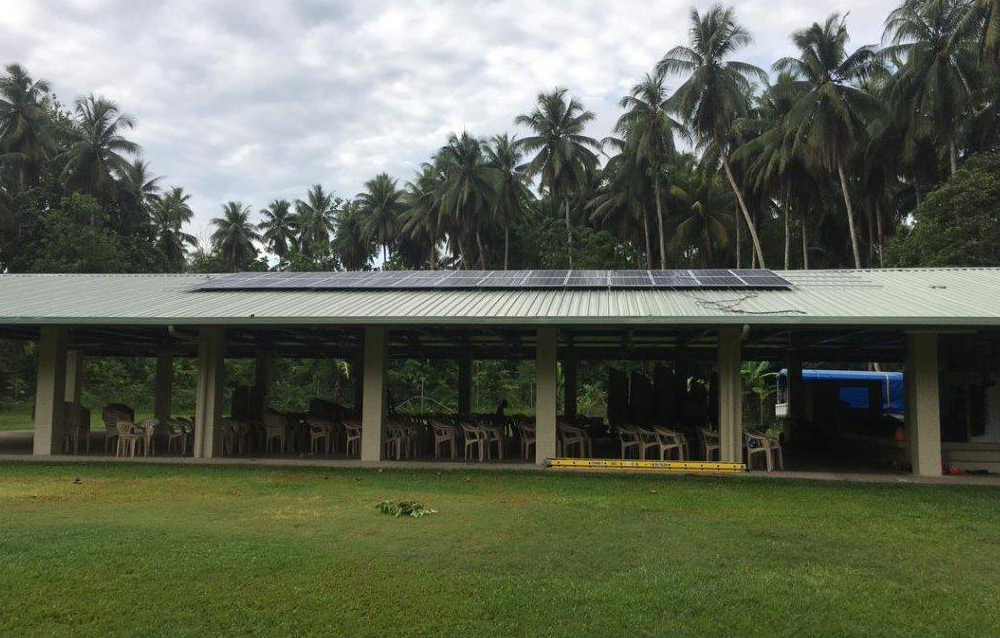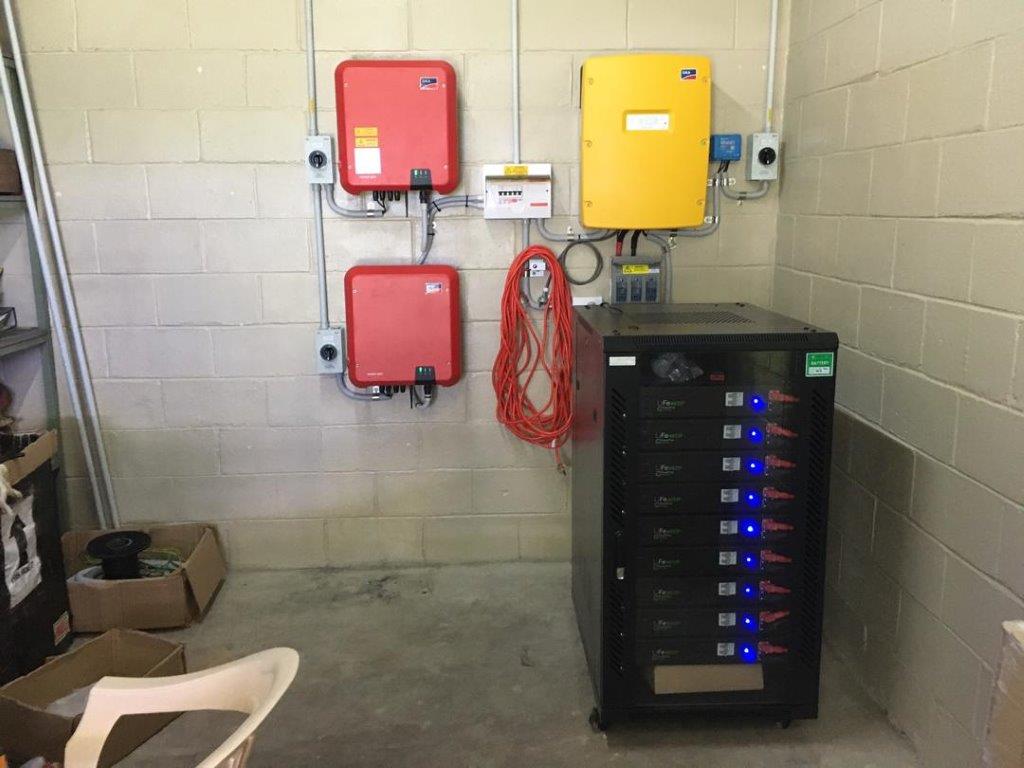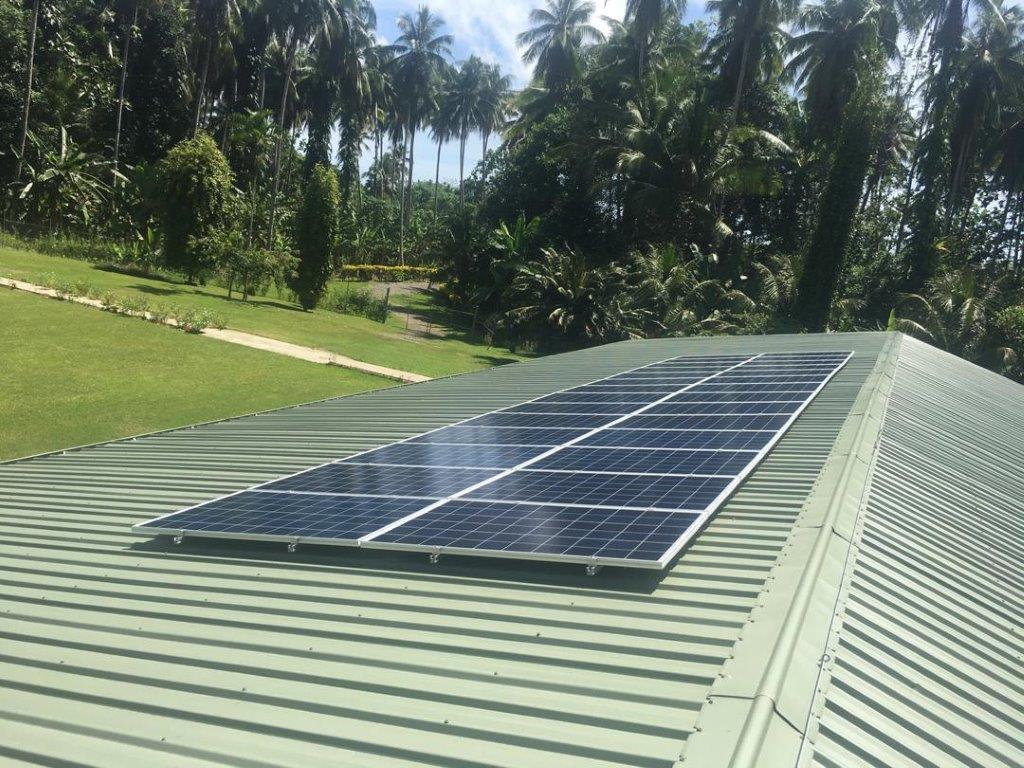Off-Grid Innovation Powers ‘Rumi’ a Luxury Eco-Resort
The Challenge Rumi on Louth, a new secluded eco-resort off the coast of South Australia, presented a unique challenge: how to provide reliable power to a remote island while suppor

A remote community faced a pressing issue in the Bagildig Kingdom of Papua New Guinea. The Hall of Jehovah’s Witnesses, located on the North West Coast, needed a reliable source of electricity. The lack of power significantly hindered daily life as the community relied heavily on the church for spiritual guidance, social gatherings, and education.
To address this issue, the commercial arm of the Jehovah’s Witnesses, Watchtower, installed a new off-grid system. This system was designed to be vital and dependable, with storage redundancy in mind to support the ongoing needs of the church. The system was integrated with PowerPlus Energy LiFe premium batteries to achieve this.
The off-grid system consisted of 8.12kW Solar PV and 29.7kWh Battery Storage. The battery storage comprised 9 x PowerPlus Energy LiFe4833P 48VDC 3.3kWh LFP Battery Modules, which provided enough backup power to keep the church operational during periods of low daylight.

The solar panels used in the system were 28 x 290W Canadian Solar Modules. These panels were carefully placed to capture the maximum amount of daylight available. The system also included 2 x 3kW SMA Sunny Boy solar inverters, 1 x SMA Sunny Island 8.0h-12 Battery Inverter, and 1 x Victron SmartSolar 100/20-48V MPPT. These small parts of a bigger whole fit perfectly to make the system work well.

The Watchtower team installed the off-grid system with great care and attention to detail. The installation involved significant planning and coordination to ensure the system was set up correctly. To guarantee local technicians could keep up with maintenance and troubleshooting, the team also provided them with training.
After the installation was complete, the impact on the community was immediate. The church now had access to a reliable power source, enabling them to hold services and meetings without interruption. Additionally, the system provided power to the surrounding community, allowing greater connectivity and information access.
The off-grid system also had a positive impact on the environment. By relying on solar energy, the church reduced its carbon footprint.
Finally, the off-grid system installed by Watchtower in the remote Bagildig Kingdom of Papua New Guinea has significantly impacted the local community. The system provided a reliable power source, enabling the church to continue its vital work. It also positively impacted the environment, demonstrating the potential of renewable energy to meet the needs of remote communities. Now, with the off-grid system, the community can continue to thrive and pursue their daily activities easily.
The Challenge Rumi on Louth, a new secluded eco-resort off the coast of South Australia, presented a unique challenge: how to provide reliable power to a remote island while suppor
In Australia’s rural areas, unstable grid connections are a major challenge, especially for industries that rely on modern technology. Dairy farms, like Willows Pastoral, are inc
Supporting Environmental Preservation Working with PowerPlus products in hand, Western Australia off-grid solar company, Save Energy, has replaced an outdated system of lead acid b
HEAD OFFICE
WA OFFICE